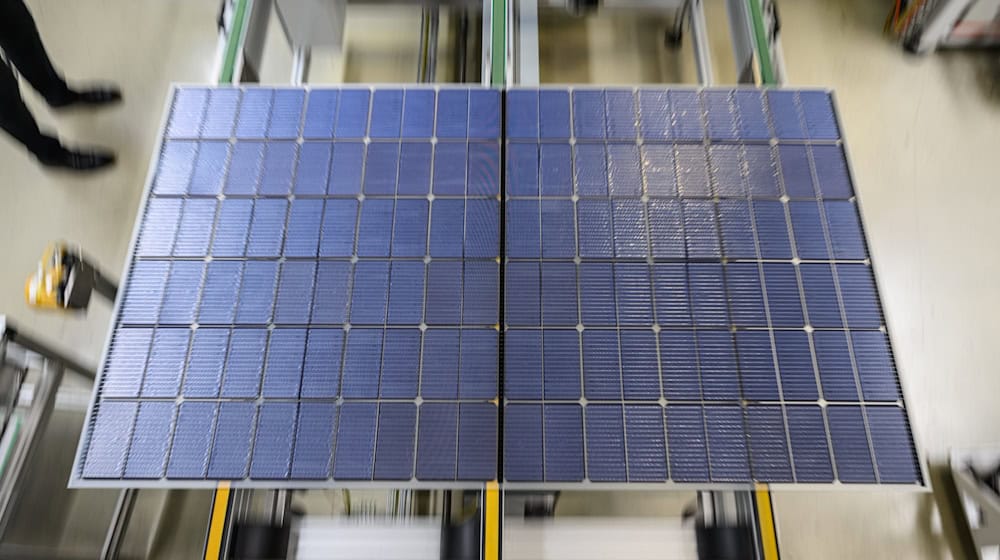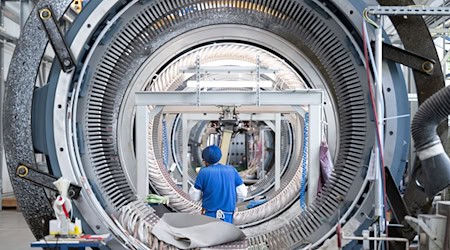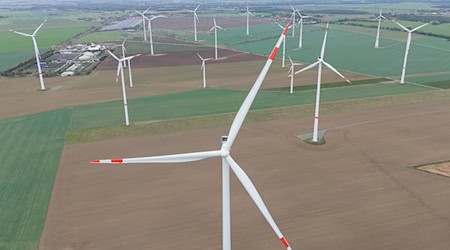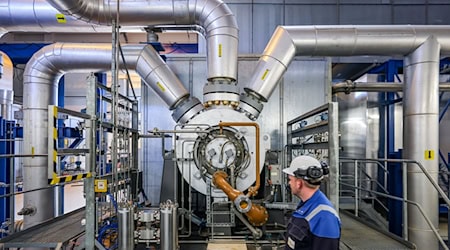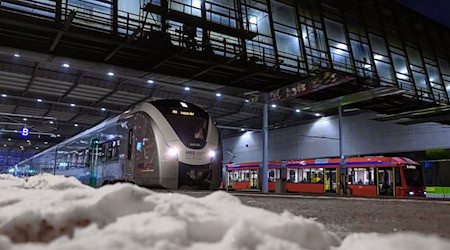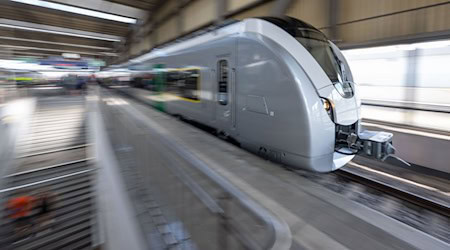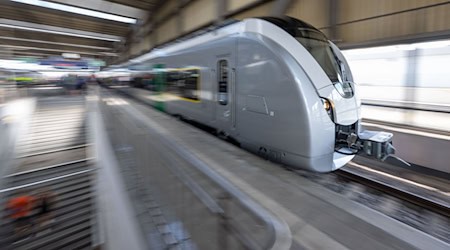A "Solar Valley" in eastern Germany was supposed to be the flagship for the production of German solar cells. However, after a wave of bankruptcies in the industry, there is not much left of the former leading position. Solar module manufacturers are barely able to withstand the price pressure from Asia in particular - and the crisis will continue in 2025 with insolvency applications. For solar module manufacturer Meyer Burger, for example, the search for investors is currently underway.
According to experts, Germany is still in a good economic position when it comes to the sale and installation of photovoltaic (PV) systems - but for how long? After years of boom, the expansion of solar energy is weakening compared to the previous year. "Between 2019 and 2023, demand for photovoltaics from homeowners increased tenfold," said Carsten Körnig, Managing Director of the German Solar Industry Association (BSW). Recently, however, there has been a noticeable decline in Germany's owner-occupied housing estates.
Niche markets as an opportunity?
The professor at the University of Applied Sciences in Berlin, Volker Quaschning, is convinced that the only opportunity in the field of production is niche markets. But even German manufacturers of components such as inverters or battery storage systems are already under massive cost pressure from foreign competition, he said.
In one field of specialization, solar glass production, the crisis has now also hit Glasmanufaktur Brandenburg GmbH in Lusatia. The company - probably the last of its kind in Germany, according to the association - had to file for insolvency in July. Two economics ministers in Brandenburg had lobbied the former federal government to protect the domestic solar glass industry with the help of a resilience bonus and for anti-dumping measures from the EU.
Most PV systems come from China
Nearly 5.3 million photovoltaic systems are installed in Germany on roofs, balconies, open spaces and in some cases also on bodies of water. Most of them come from China. The Asian country produces with state subsidies at significantly lower prices.
Photovoltaics now generate an installed capacity of around 107.5 gigawatts in Germany and, according to estimates by the Solar Industry Association, cover around 15 percent of Germany's electricity needs. The German government's target is to reach 215 gigawatts by 2030.
"This is not a sure-fire success," said BSW Managing Director Körnig. In order to achieve the political expansion target, the installed photovoltaic capacity must increase significantly and, above all, the expansion of storage systems must be accelerated considerably.
According to the association, things went really well in previous years because market barriers were removed. In addition, people invested heavily in their own homes during the coronavirus pandemic. The Russian war of aggression against Ukraine has also intensified the search for energy independence. "In the meantime, the special solar boom has subsided again," said Körnig.
Search for investors for Meyer Burger
Production at the Swiss solar module manufacturer Meyer Burger is at a standstill at its sites in Saxony and Saxony-Anhalt, which together employ around 500 people. However, the provisional insolvency administrator Lucas Flöther sees opportunities for restructuring: "Meyer Burger has excellent products, outstanding expertise and state-of-the-art production." The insolvency now offers investors "the opportunity to take over the company without existing liabilities", he said. "There are a number of interested parties with whom we are currently negotiating."
There may not be too much time left to rescue the company. According to Flöther, the insolvency payments to replace outstanding wages and salaries for the two Meyer Burger sites in Bitterfeld-Wolfen and Hohenstein-Ernstthal will run until the end of July and the end of August respectively. In the northern Hessian district of Kassel, the savings program at solar technology manufacturer SMA is continuing. Around 700 jobs are to be cut in Germany by the end of 2025, and 1,100 worldwide.
Calls for a "resilience bonus" so far unsuccessful
According to Andreas Bett, Director of the Fraunhofer Institute for Solar Energy Systems (ISE) in Freiburg, there has been a sense of uncertainty among investors since the German elections. Many are wondering whether the expansion of renewable energies might be slowed down under a black-red government.
There should be government support to revive the solar industry, according to the solar researcher. The EU's "Net Zero Industry Act" could also be an opportunity. This means that the production of CO2-free technologies in Europe should be boosted and dependence on imports reduced. Manufacturers in Germany have repeatedly called for a "resilience bonus" in 2024 to promote domestic solar modules.
The Federal Ministry for Economic Affairs says it is in contact with the industry "regarding the economically very challenging market situation". The signals from Economics Minister Katherina Reiche (CDU) have so far also indicated that there could be some changes to the political goals for the energy transition.
Solar researcher: "It's not all hopeless"
Despite the deep crisis, solar researcher Bett is banking on innovations from Germany: "It's not all hopeless, and without research there is no chance at all." He refers, for example, to the company NexWafe, which aims to produce so-called wafers - simply put: silicon wafers - more cost-effectively using a new process. The Fraunhofer Institute spin-off wants to open a new factory at the industrial site of Bitterfeld-Wolfen in Saxony-Anhalt, where a "Solar Valley" was once supposed to flourish.
Copyright 2025, dpa (www.dpa.de). All rights reserved

